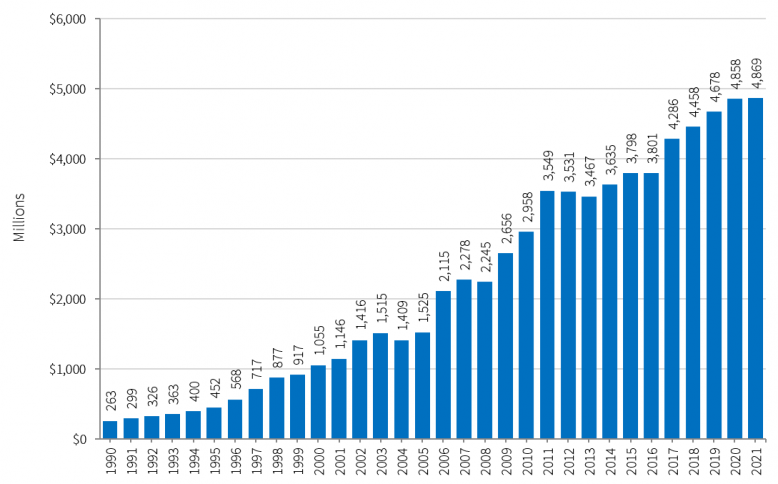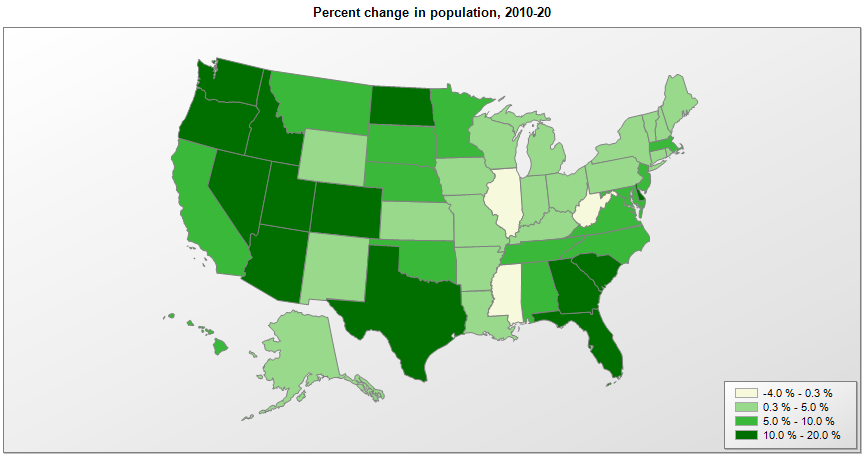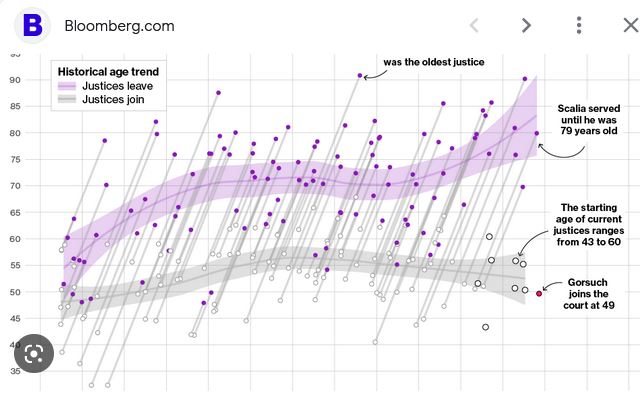


Our Nation is in a death spiral
The United States is growing weaker by the day – not because of any one party or president, but rather because people across the spectrum have lost faith in the federal government and are thus looking for radical solutions. People on all political sides keep looking for more extreme candidates for the Presidency, on the vain hope that this will shake things up or produce productive changes. It will not, because the main cause of our problems is not that most politicians are corrupt (which is in fact a myth). While there are certainly some unethical people in Congress, the dysfunctions in our federal government are primarily caused by structural flaws in the processes set out by the 1787 Constitution itself (with all amendments).
Ironically, these ultimate causes of our difficulties produce effects that mask their influence, making it harder all the time for people to understand the procedural flaws and the perils these create. While the federal debt has become dangerously large and remains on an unsustainable path that could produce economic collapse, our ratings-driven media system covers such policy issues less and less, preferring to focus on emotive ‘identity’ issues. Our social media systems are manipulated by foreign powers, making it impossible to hold fair elections – which obviously require that campaigns can conduct planning without being hacked, and that voters know some basic facts and can distinguish reliable sources from conspiracy bs. But instead of uniting to stop this ongoing attack on our most basic institutions, we are plunging ever deeper into hyper-partisan culture wars with each other.
Even political leaders and experts in public media grossly fail to educate Americans about the true roots of these problems that are destroying the institutional capital and public trust that took our ancestors over three centuries of effort and sacrifices to build up for us. Two of the last five presidential elections did not go to the candidate winning the popular vote, and one president in 4 years may appoint more Supreme Court justices than the previous president could appoint in 8 years. Yet even after these outrages, virtually nobody talks about constitutional amendments. Our leaders just assume that constitutional fixes are impossible, when nothing else will be close to adequate. Thus people never learn from our leaders about the real roots of the gridlock and procedural inequities that are upsetting them, and the illusion grows that the solution is just to elect better people who owe no favors to lobbyists – even if that is only because they are billionaires.

